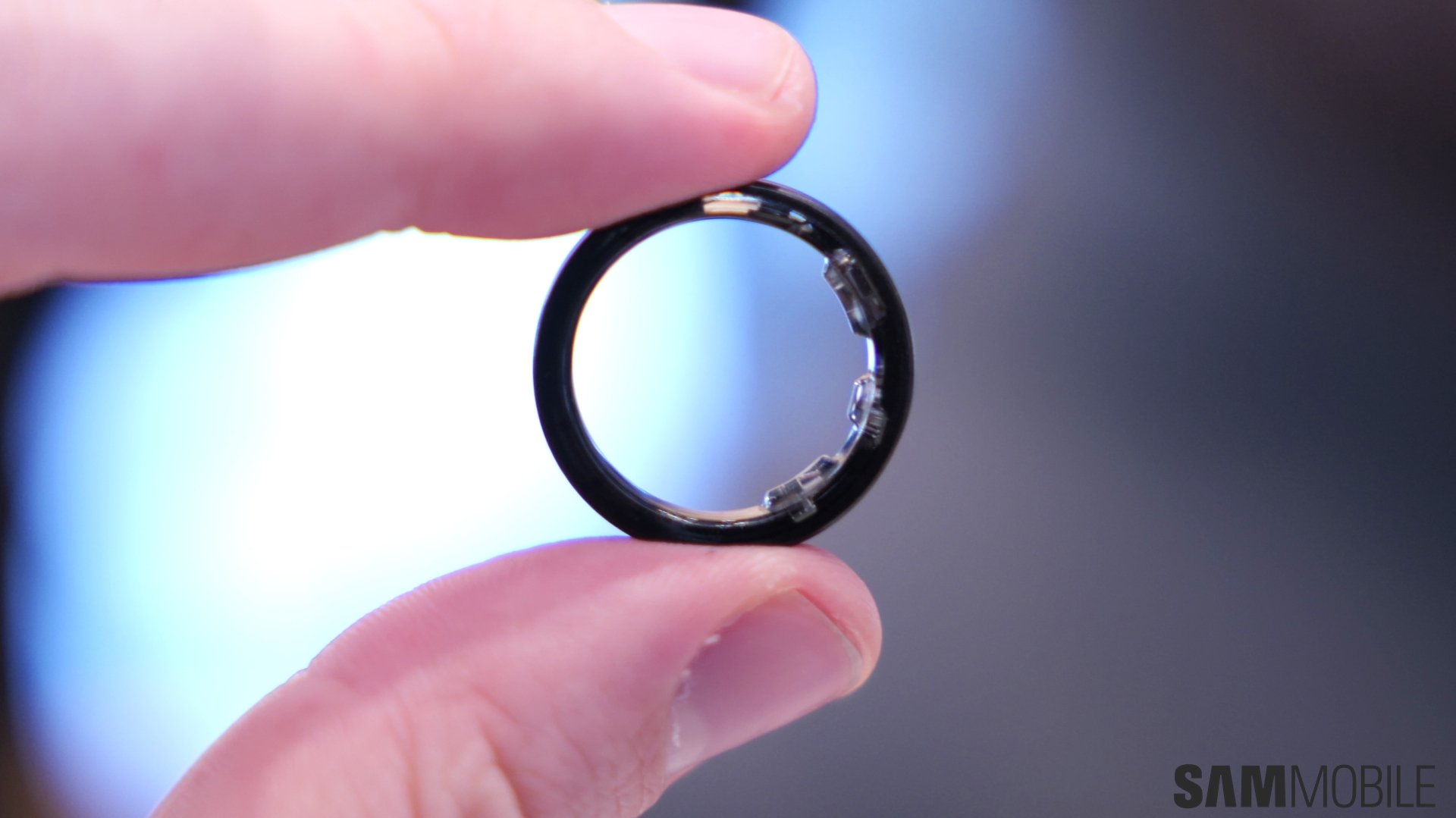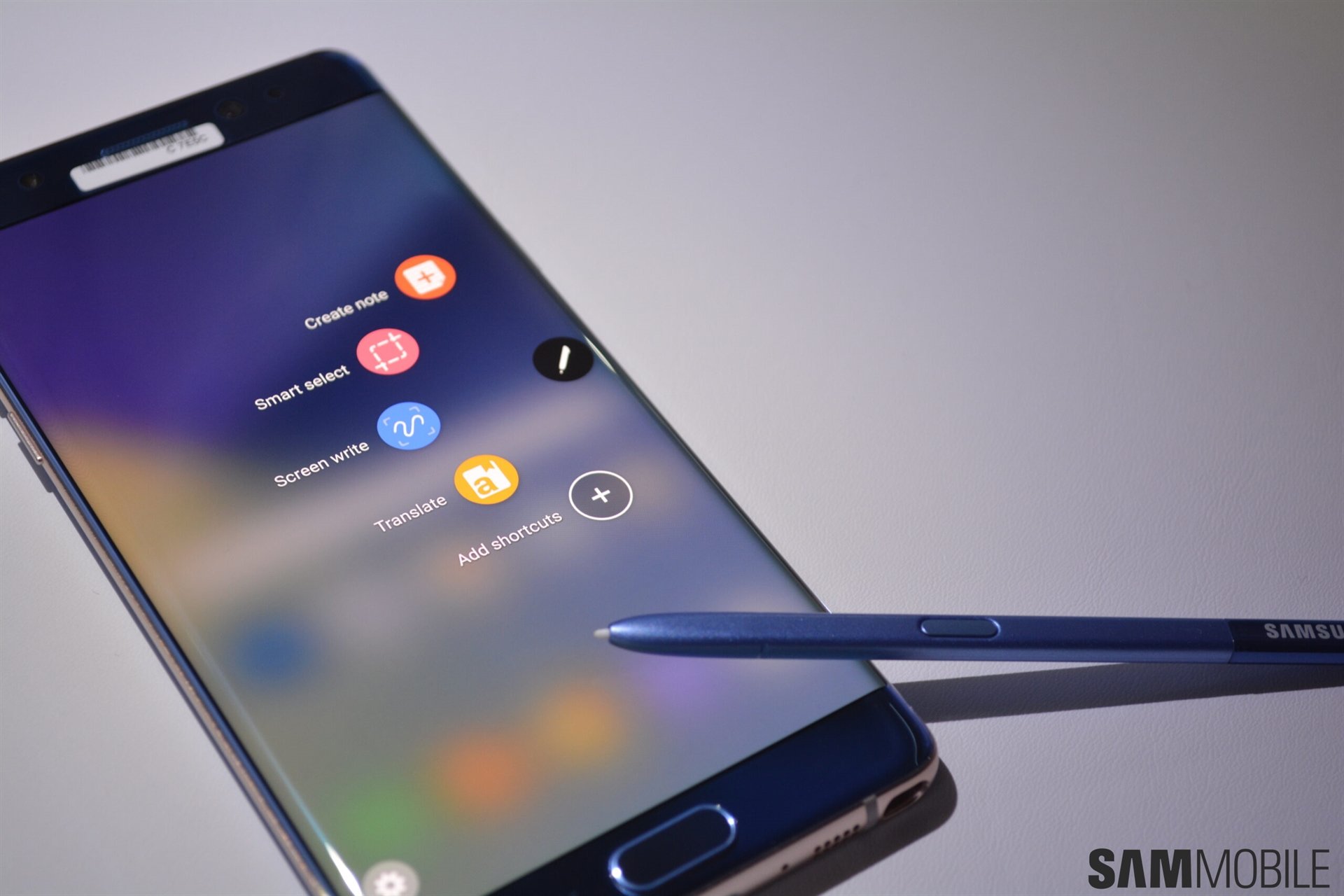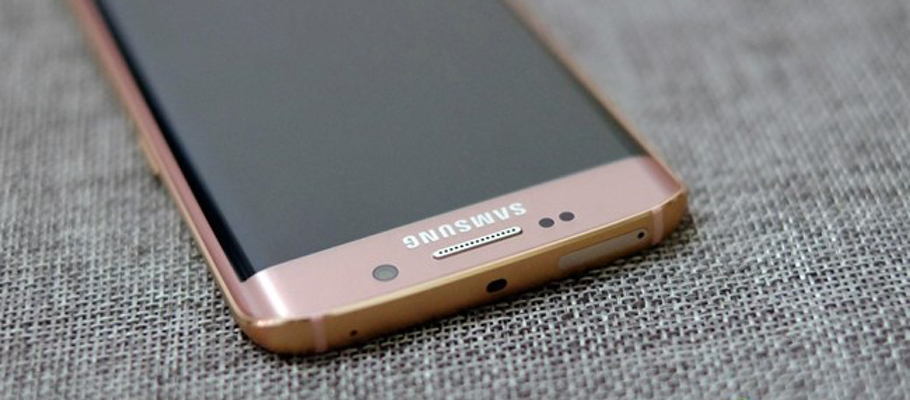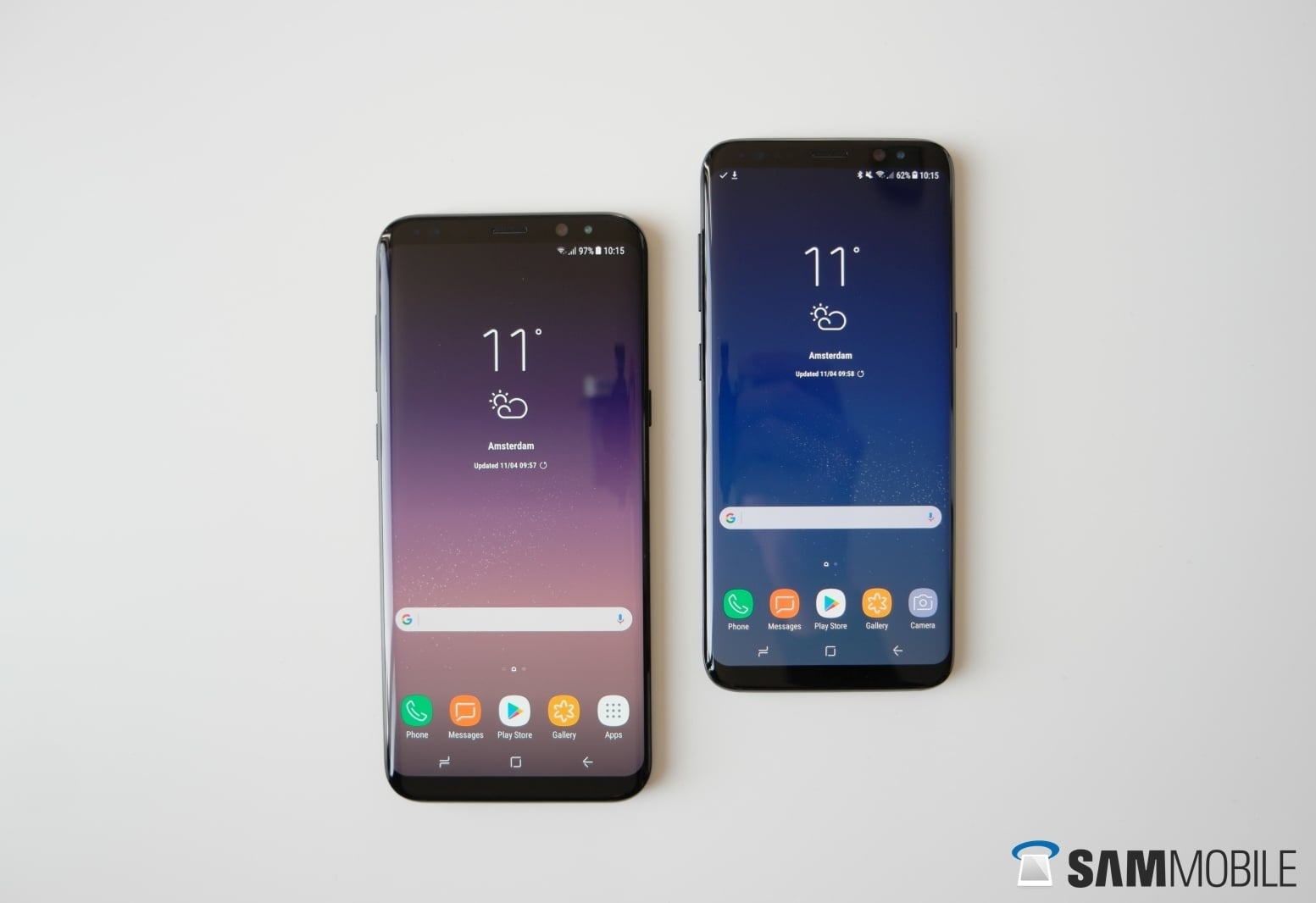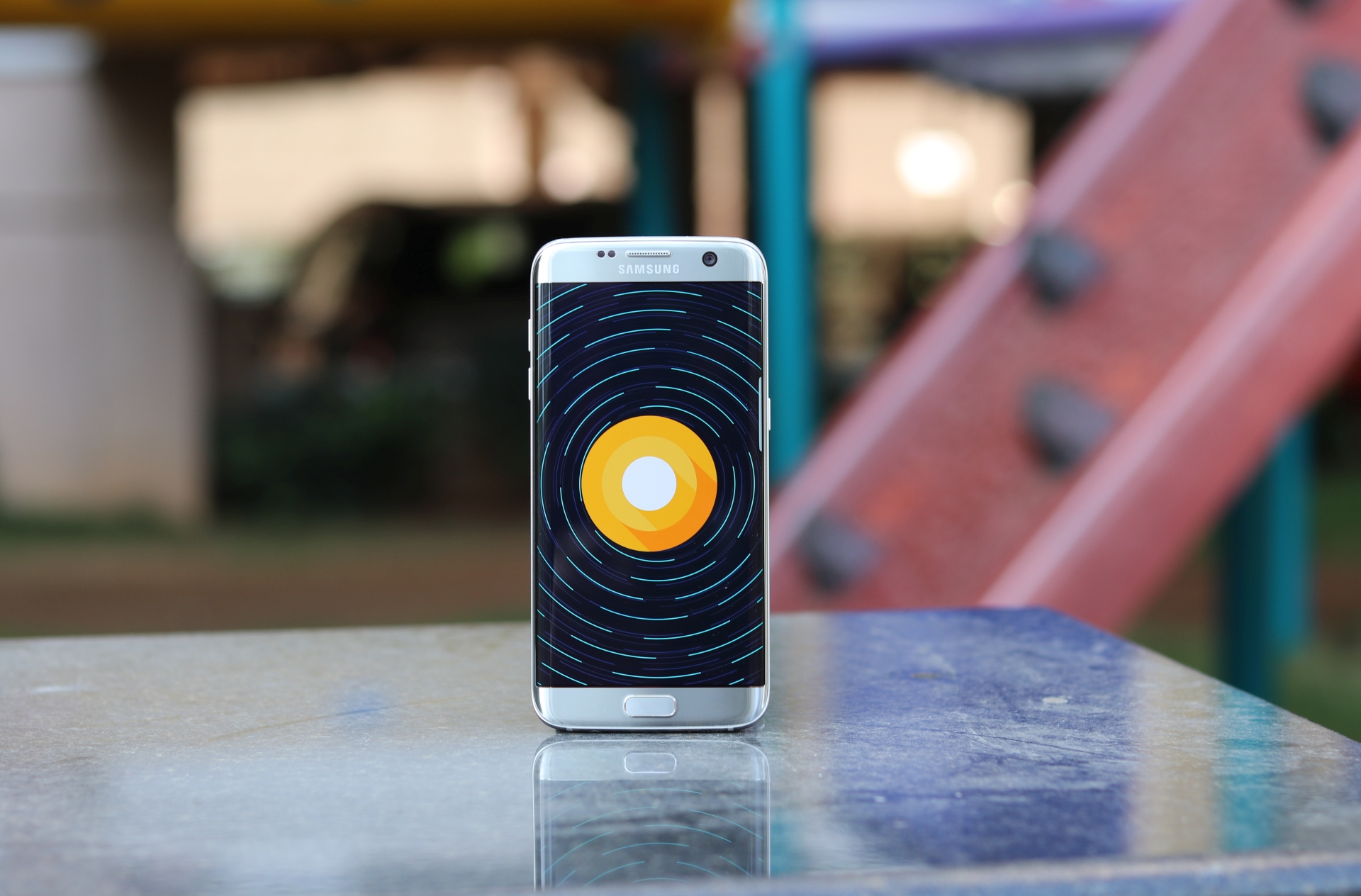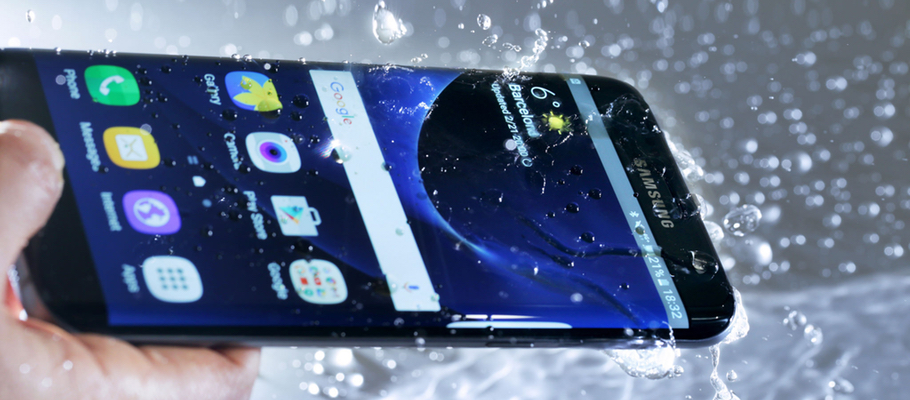
YouTuber JerryRigEverything took apart his Galaxy S7 to explain how Samsung made it water-resistant. Basically, the South Korean smartphone giant used rubber seals and gaskets to protect certain weak spots like the headphone jack, the power button, and the SIM card tray. Samsung has also used a lot of glue and tape to ensure that internal components stay in place, away from liquids or moisture.
The company's solution for protecting the loudspeaker from water seepage is quite interesting. Engineers have used a fine mesh screen over the loudspeaker, which uses surface tension to let air (hence, sound) pass through it but not water. However, you should note that all this engineering works till a certain extent – 1.5 meters of water for up to 30 minutes – after which these measures give in.
There are a couple of white-colored water-detection stickers inside these devices. They turn pink once water (or any other liquid, steam, or sweat for that matter) enters the innards, which allows Samsung to deny warranty. If you want to know more about Samsung's engineering techniques to keep its latest flagship smartphones water-resistant, go ahead and watch the full video that's embedded below.









